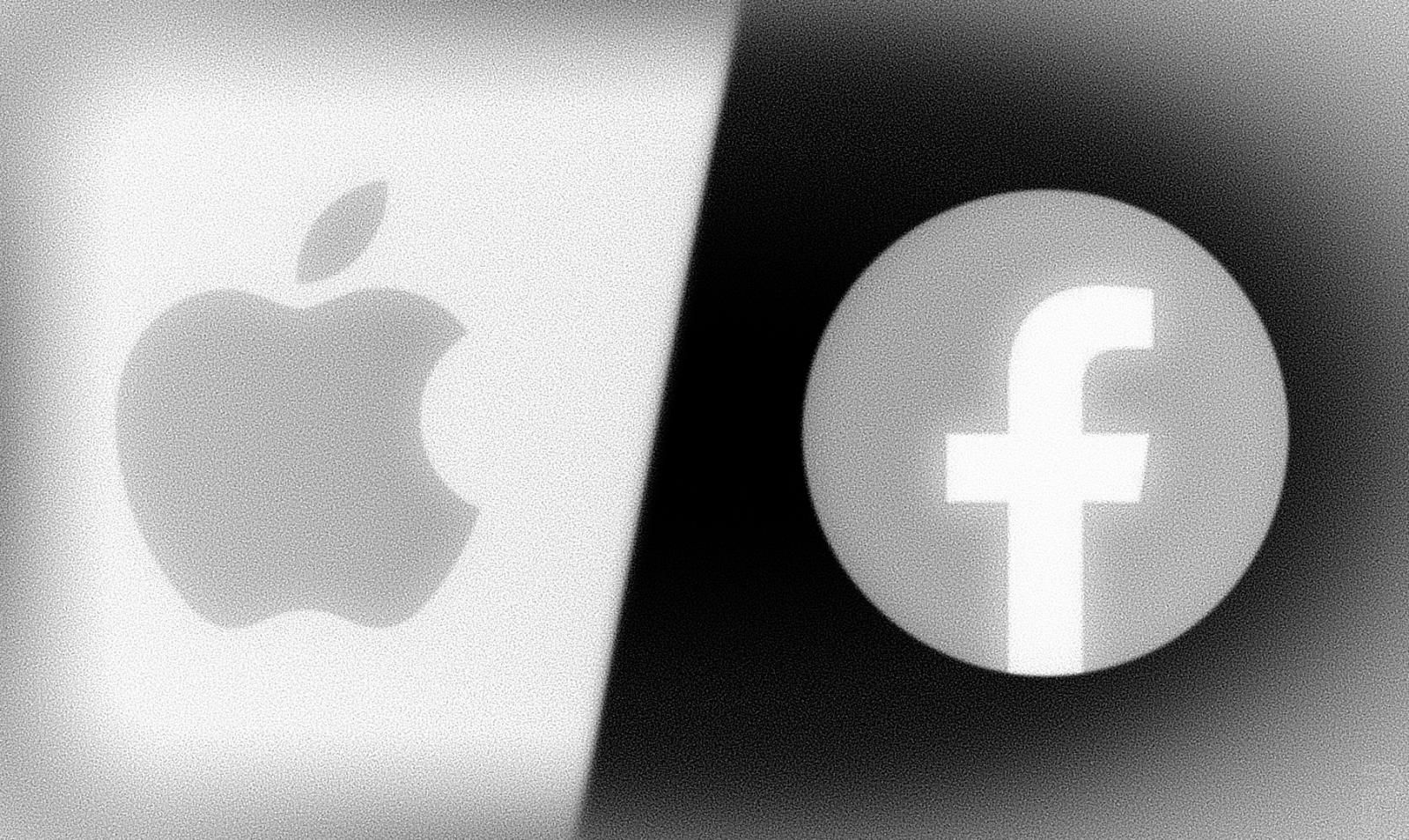As part of a greater push towards privacy, Apple introduced a new policy called App Tracking Transparency (ATT) that required developers to disclose the data their apps collect and how it can be used to track them. These disclosures will be shown on the app listing page in the form of app privacy ‘nutrition labels’, a feature that went live with iOS 14. And on December 8 this month, Apple made it mandatory for developers to submit the requisite data. Facebook criticized the move, claiming that it will hurt ad business and that the rules were not applied uniformly. Apple has now responded bluntly to them in a way that sends the message loud and clear.
Apple’s SVP Craig Federighi, while speaking at the European Data Protection and Privacy Conference, mentioned that some companies never wanted ATT to be implemented at all. While the Apple executive didn’t explicitly call out the social media giant, he made it clear that companies whose business model relies on invasive tracking are not very welcoming of transparency and customer choice.
“Of course some advertisers and tech companies would prefer that ATT is never implemented at all. When invasive tracking is your business model, you tend not to welcome transparency and customer choice. Just as with ITP, some in the ad industry are lobbying against these efforts claiming that ATT will dramatically hurt ad-supported businesses. But we expect the industry will adapt as it did before, providing effective advertising, but this time without invasive tracking,” Federighi said.
Agree, or you apps are taken down from App Store
But that’s not all. Federighi also made it clear that developers who do not wish to comply with the new privacy norms will risk getting their apps removed from the App Store. You can hear Federighi talking sternly about the implementation of ATT in the video below starting at the 1:01:00 mark.
“Its aim is to empower our users to decide when or if they want to allow an app to track them in a way that could be shared across other companies’ apps or websites. To do that, early next year, we’ll begin requiring all apps that want to do that to obtain their users’ explicit permission. And developers who fail to meet that standard can have their apps taken down from the App Store,” the Apple executive said regarding the implementation of ATT.
Facebook calls it inconsistent, but Apple disagrees
Earlier this month, WhatsApp raised concerns about Apple’s new privacy policies, calling them anti-competitive and alleged a non-uniform implementation. “We think labels should be consistent across first and third-party apps as well as reflect the strong measures apps may take to protect people’s private information,” a WhatsApp spokesperson was quoted as saying by Axios. “While providing people with easy to read information is a good start, we believe it’s important people can compare these ‘privacy nutrition’ labels from apps they download with apps that come pre-installed, like iMessage.”
However, Apple has since confirmed that the app nutrition labels that are a part of ATT will be implemented across its own in-house apps too. And for in-house apps that come pre-installed on an iPhone but don’t have an App Store listing page, all the privacy disclosures will be available on the Apple website for users to see.

